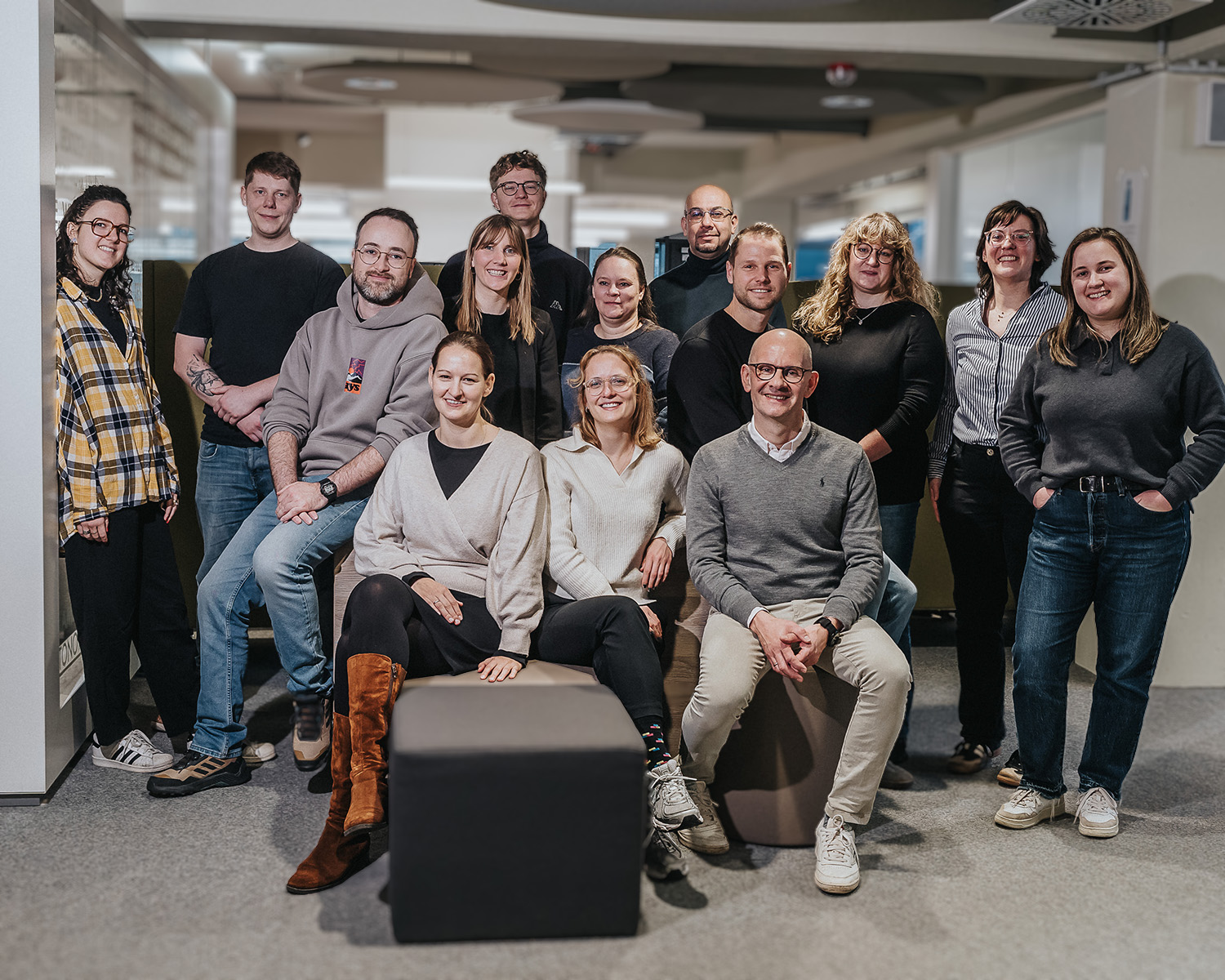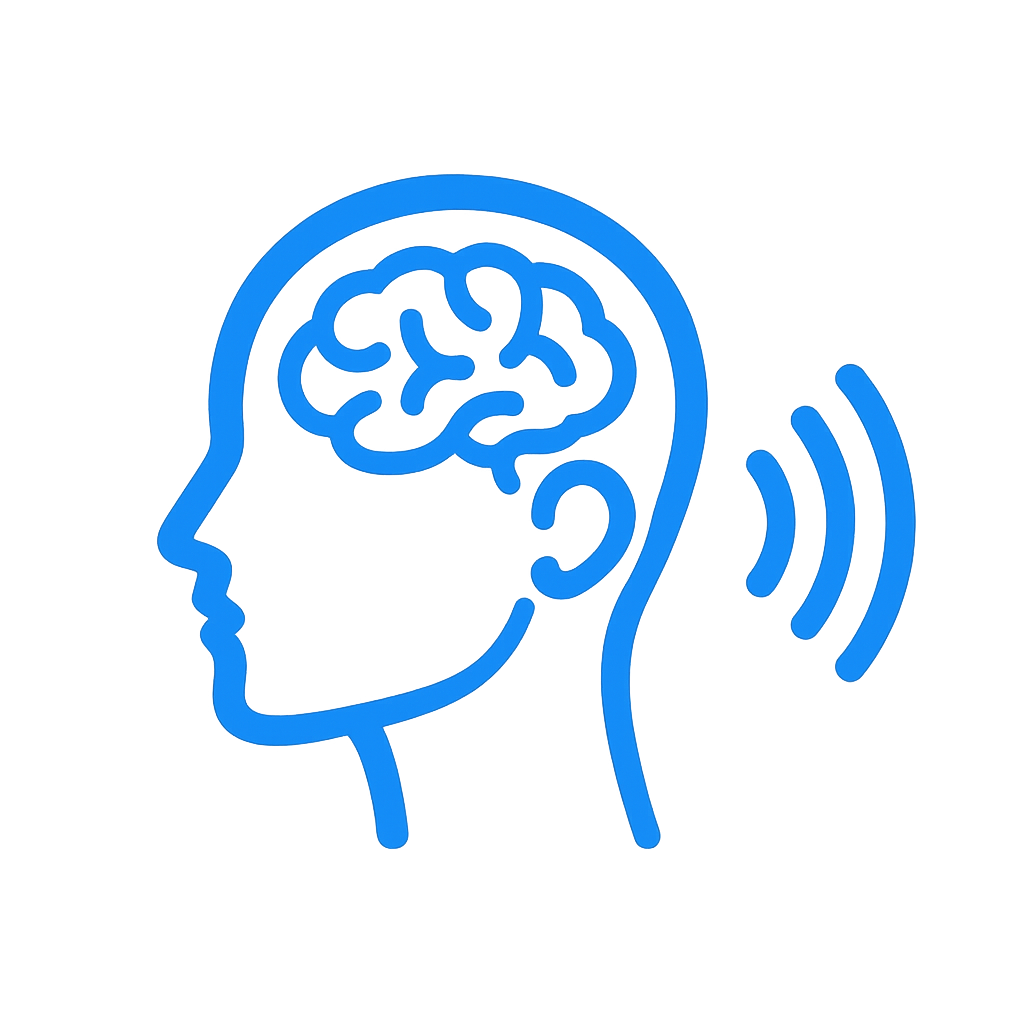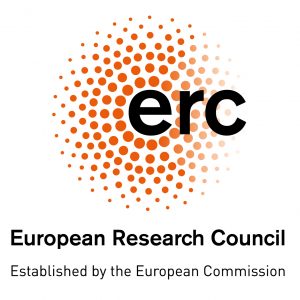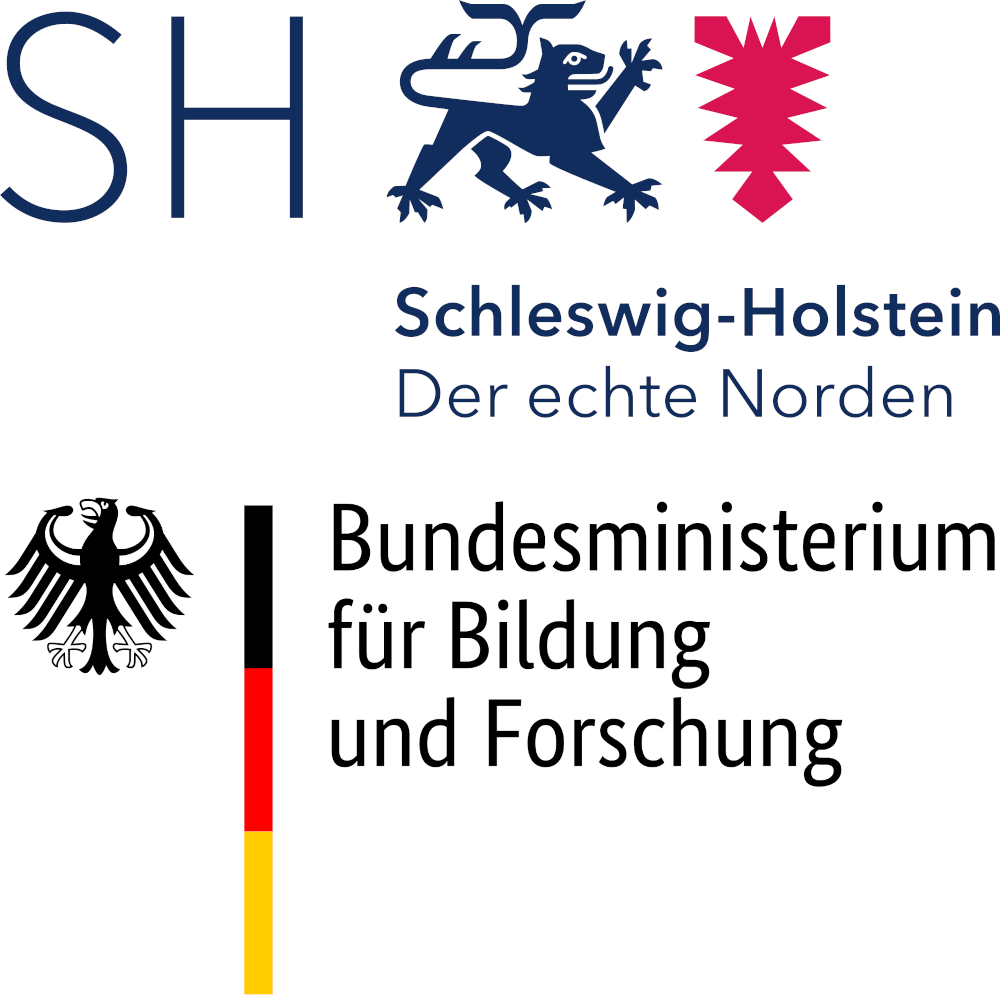
Obleser Lab
How minds and brains listen in an uncertain world

Listening under uncertainty
How can humans recognize and interpret meaningful auditory objects even under impaired or challenging hearing conditions, focusing on the neural foundations of this ability

Auditory Cognition in Brain Health and Disease
We explore how the brain processes sound in both healthy and impaired states. By studying conditions such as psychosis, hearing loss, and tinnitus, we uncover how changes in neural processing shape perception, decision-making, and listening behaviour.

Nenural dynamics of auditory attention
Better understand the fundamental brain processes of selective attention—specifically how the auditory system suppresses irrelevant sound stimuli to enable focused perception
Latest News
Recent Publications
Head Fundings

European Research Council
The listening challenge: How ageing brains adapt (AUDADAPT),
ERC Consolidator Grant, 2016–2021
Jonas Obleser

Research Building Lübeck Environment for Minds and Machines in Interaction (LEMMI)
for the University of Lübeck (competitive funding, Wissenschaftsrat Germany, from federal and state funds according to Art. 91b GG),…

Max Planck Society
Max Planck Research Group “Auditory Cognition”,
Max Planck Society, 2011–2015
Jonas Obleser
